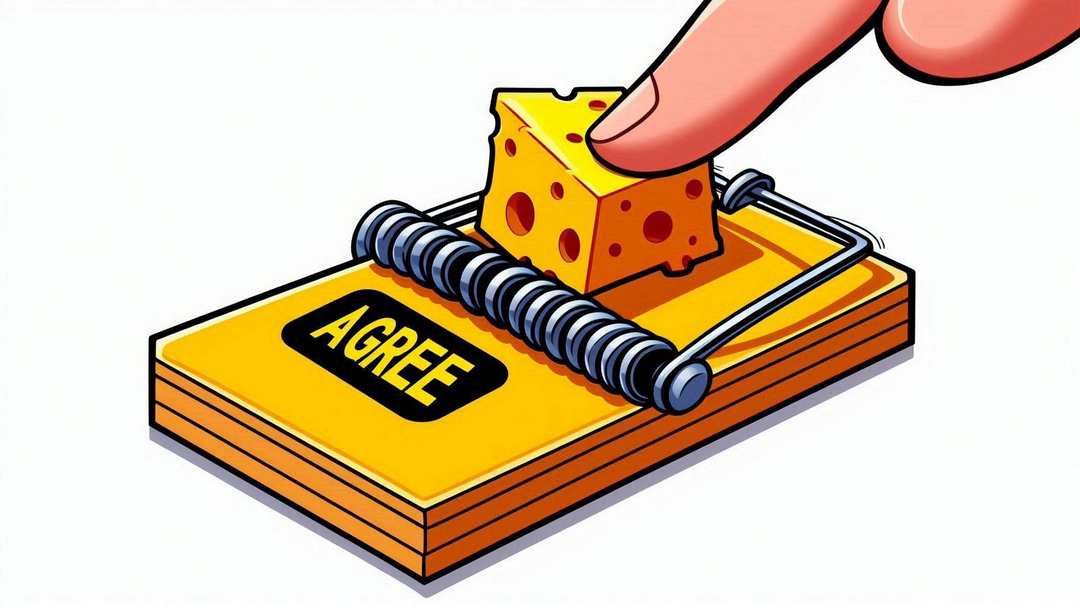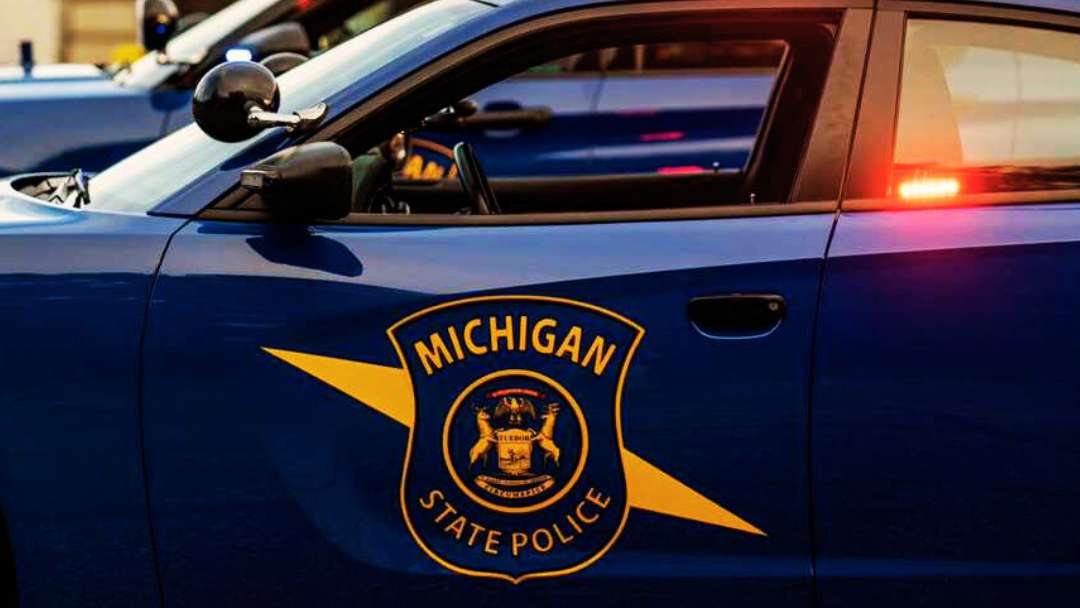Is the Michigan State Police really concerned about your criminal history privacy?
Here’s what they say on their website
The Michigan State Police (MSP) is committed to protecting the privacy of your potentially personally identifiable data (PPID) in a strong and meaningful manner. Our privacy policy is designed to inform both members of the public and our employees about the PPID information we collect, how we use it, how we maintain it in our systems, under what circumstances you may access or correct your own information, and what we may disclose to others.
Criminal History Information
Criminal History Record information includes name; date of birth; personal descriptions including identifying marks, scars, amputations, and tattoos; aliases and prior names; social security number, driver’s license number, and other identifying numbers; and information on misdemeanor arrests and convictions and felony arrests and convictions.
Pursuant to the Bureau of Criminal Identification and Records Act, Act 289 of 1925, MSP is responsible for procuring and filing criminal history record information on all persons arrested within the State of either a felony or a misdemeanor, or criminal contempt charge.
Criminal History information is available to criminal justice personnel and other entities, for both criminal justice purposes and other purposes specifically authorized by law.
Public Criminal History Record information can be accessed by the public through the Internet Criminal History Access Tool (ICHAT) at https://www.michigan.gov/ichat. ICHAT will not provide Criminal History information that is nonpublic or prohibited by law from being disseminated.
Information on how to obtain or correct your own Criminal History can be found here:
Criminal Justice Information
MSP may directly or indirectly collect potentially personally identifiable data from individuals in the course of performing its statutory duties. This information may exist on paper or electronically, and may be captured in written, audio, video, or other formats. This information is used for the sole purpose of administering criminal justice.
Criminal Justice Information is used and disclosed solely for Criminal Justice purposes, or as required by law. It is protected, retained, and used in compliance with the Federal Bureau of Investigations (FBI) Criminal Justice Information Systems (CJIS) Security Policy, the CJIS Policy Council Act (Act 163 of 1974), and other applicable state statutes.
Here’s what we say
Don’t talk to the police before, during or after your Miranda rights have been read without a lawyer present. If you do limit your information because what you say locks you into what you said. Just because you are not under arrest or being detained does not mean what you say will not be used against you.
Here is some information to review.
Legal Counsel and Your Rights
When facing legal challenges, particularly in criminal cases, it is advisable to seek legal counsel immediately.
An experienced attorney can provide guidance on how to navigate interactions with law enforcement while safeguarding your constitutional rights.
Since 1993 our expert legal defense in navigating criminal law matters and protecting your constitutional rights are what we eat for breakfast everyday.
Contact Komorn Law PLLC if you’re ready to fight and win.
Research us and then call us.
More Rights You Should Know

What Are Your Rights Before And After Arrest?
What are your rights before and after arrest?Generally, police require a search warrant to lawfully enter any private premises or to search electronic devices such as your phone or computer. If the police do not possess a search warrant, you are under no obligation to...

What could happen when you click the – I agree – box?
Wrongful death suit against Disney serves as a warning to consumers when clicking ‘I agree’A wrongful death lawsuit involving Walt Disney Parks and Resorts highlights the critical importance for consumers to meticulously review the fine print before registering for a...
Other Articles
Client Was Caught With Brass Knuckles – What’s the Law?
Michigan Criminal Laws FAQs Brass KnucklesGetting caught with brass knuckles in Michigan can lead to serious legal trouble. While some states have more lenient laws, Michigan takes a strict stance on these types of weapons. If you or someone you know faces charges...
Resisting an Unlawful Arrest in Michigan
Michigan Criminal Laws FAQs Resisting an Unlawful Arrest in MichiganThe question of whether you can legally resist an unlawful arrest in Michigan is complex, and the answer is generally no, with very limited exceptions. While the idea of defending oneself against an...
Criminal Law FAQs – Assault with Intent to do Great Bodily Harm Less Than Murder (AWIGBH)
Michigan Criminal Laws FAQs Assault with Intent to do Great Bodily Harm Less Than MurderAccording to Michigan State Law (Michigan Compiled Laws - MCL), Assault with Intent to do Great Bodily Harm Less Than Murder (AWIGBH) is a serious felony offense defined in MCL...
Criminal Law FAQs – Operating a Vehicle with a High BAC
Michigan Criminal Laws FAQs Super Drunk (High Breath Alcohol Content)Operating a Vehicle with a High BAC (Super Drunk) - MCL 257.625(1)(c)FAQ 1: What BAC level qualifies as "High BAC" or "Super Drunk" in Michigan? Answer: In Michigan, operating a vehicle with a blood...
Judicial Accountability in Michigan for Judges
Maintaining public trust in the judiciary is paramount to a functioning legal system. In Michigan, several mechanisms exist to ensure judicial accountability, holding judges responsible for their conduct both on and off the bench. These safeguards are primarily...
Criminal Law FAQs – Bench Warrant
Michigan Criminal Laws FAQs Bench WarrantsAccording to Michigan State Law (Michigan Compiled Laws - MCL), a Bench Warrant is a court order that directs law enforcement officers to arrest and bring a specific individual before the court. It's issued by a judge (from...
Criminal Law FAQs – Traffic Offenses
Michigan Criminal Laws FAQs Traffic OffensesAccording to Michigan State Law (Michigan Compiled Laws - MCL), Traffic Offenses encompass a wide range of violations related to the operation of motor vehicles on public roads and highways. These offenses are primarily...
Criminal Law FAQs – Drunk and Disorderly
Michigan Criminal Laws FAQs Drunk and DisorderlyAccording to Michigan State Law (Michigan Compiled Laws - MCL), there isn't a specific statute that solely defines "Public Drunkenness" as a statewide criminal offense in the same way some other states might have a...



















